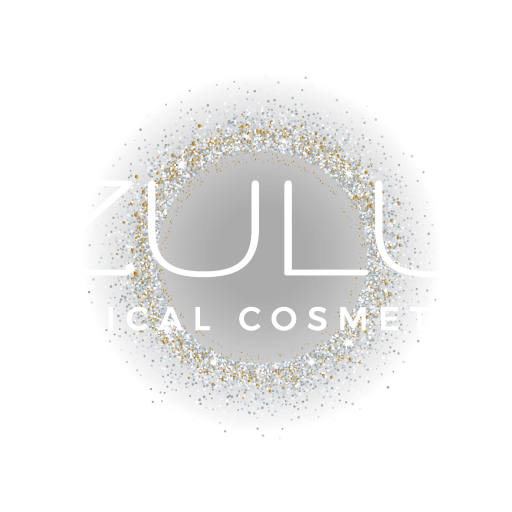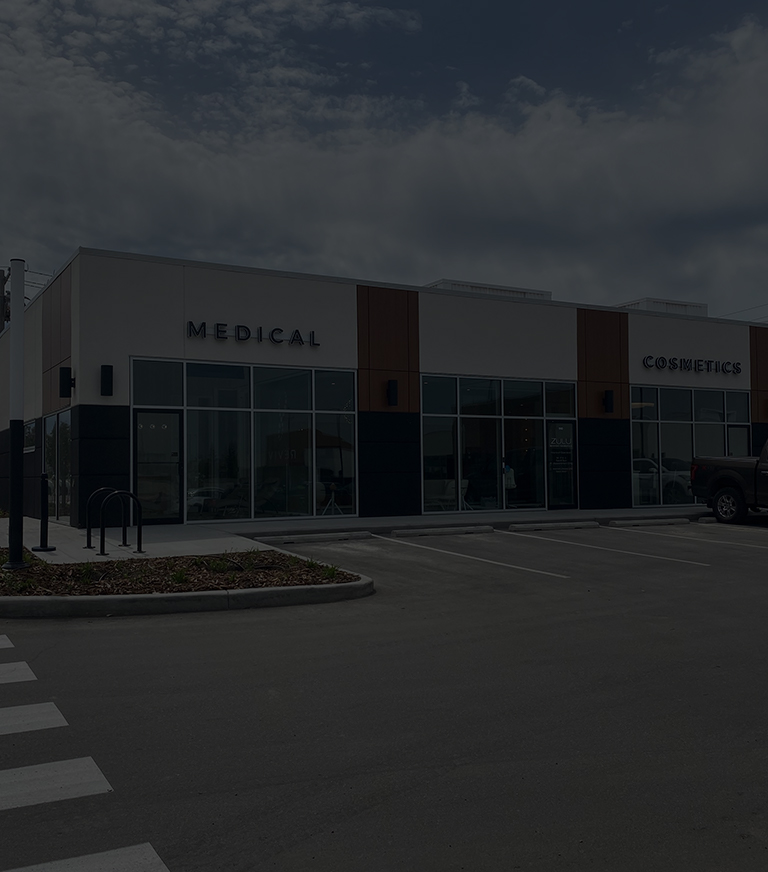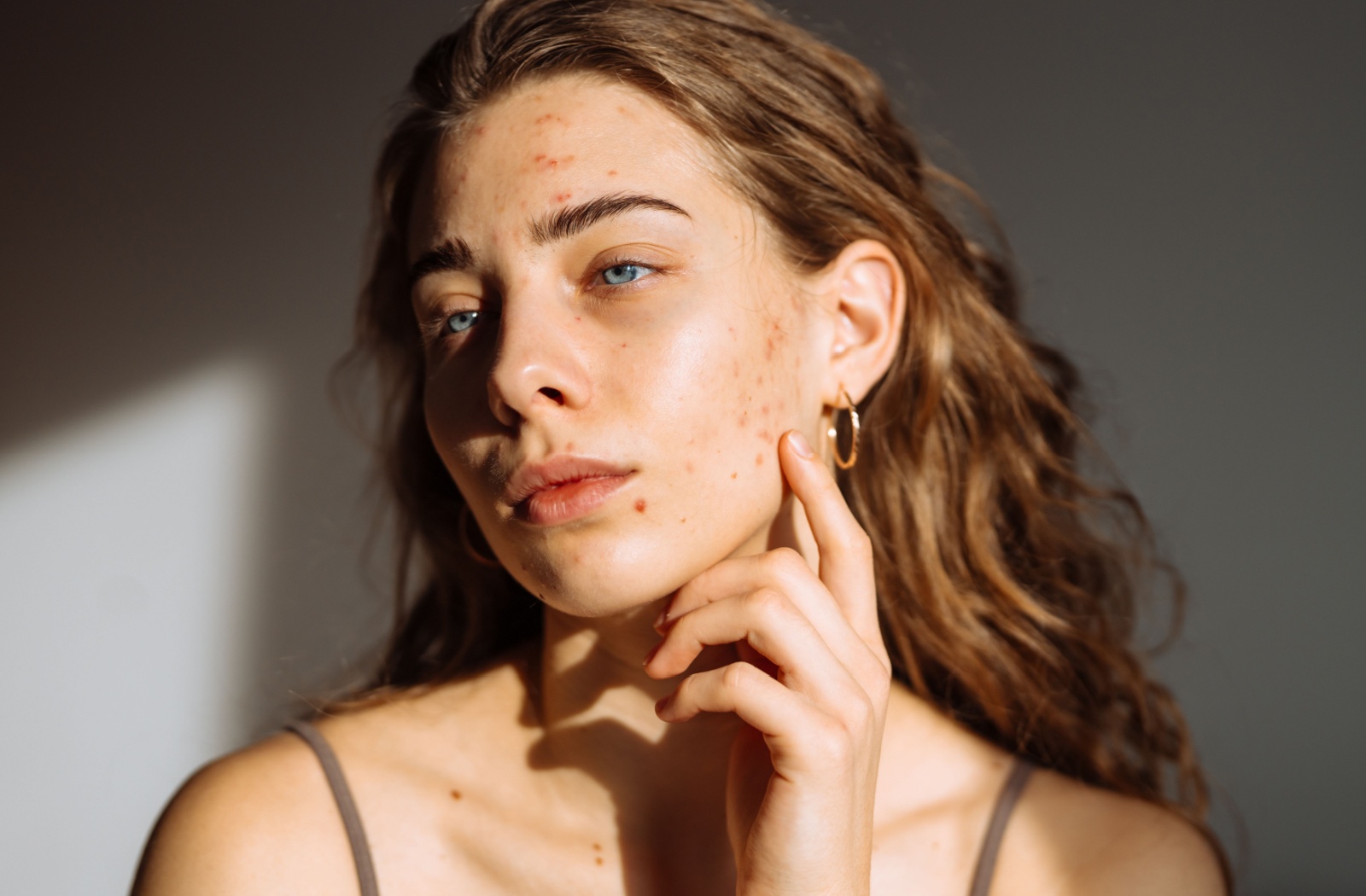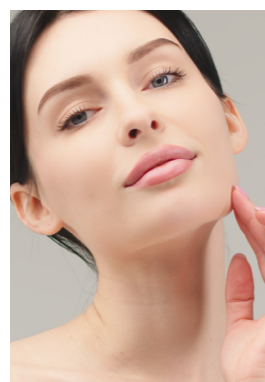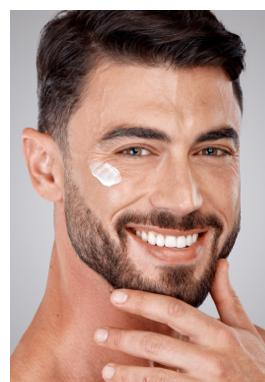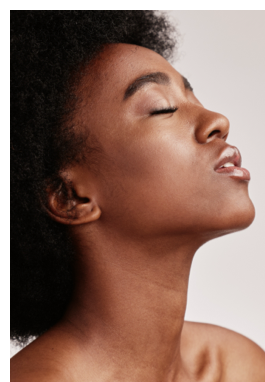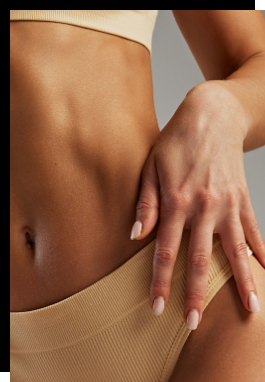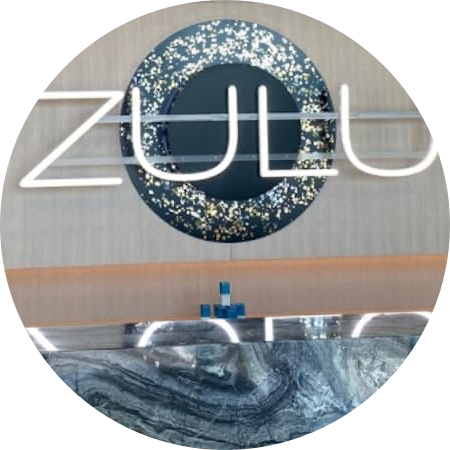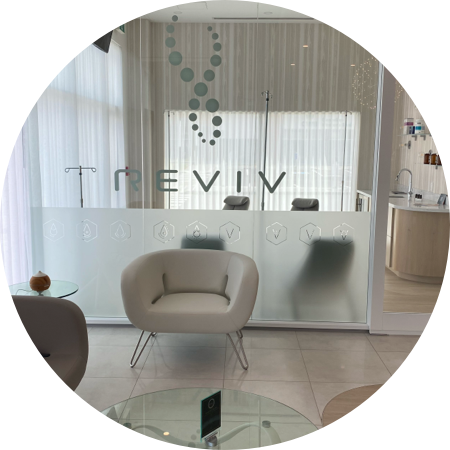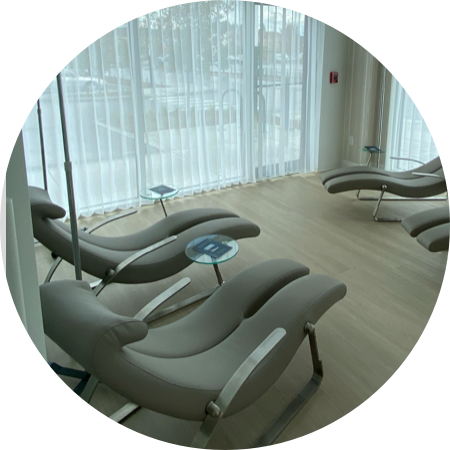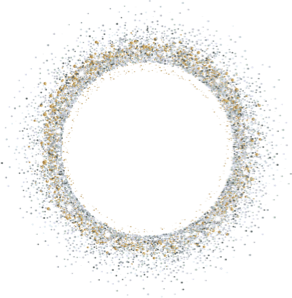Although a beautifully crafted skincare routine is fundamental to supporting the skin’s appearance, certain concerns are more challenging to target without the support of advanced treatments.
Acne scars often result in uneven skin texture, which is difficult to target using surface-level exfoliants. Fortunately, laser skin resurfacing treatments offer a long-lasting and effective solution.
Our surgical-grade laser system, the Fotona SP Dynamis, precisely breaks down scar tissue and encourages collagen regeneration, filling in indentations and smoothing out irregularities to gradually reduce the appearance of scars.
Achieving a rejuvenated complexion is closer than you think. Our complimentary consultation with our certified laser technician can help determine if laser skin resurfacing is right for you.
The Basics of Exfoliating
Exfoliation refers to the process of removing dead skin cells from the skin’s outer layer. This method improves the skin’s texture and encourages cell turnover, revealing the smoother, healthier skin beneath.
There are two types of exfoliation techniques:
- Physical exfoliation: Uses tools like scrubs or brushes to manually remove dead skin cells. Most people practice some form of physical exfoliation at home as part of their skincare routine.
- Chemical exfoliation: Uses acids such as alpha hydroxy acids (AHAs) or beta hydroxy acids (BHAs) to dissolve dead skin cells and promote cell regeneration.
These techniques enhance the skin’s overall tone and appearance and can even help reduce minor discolourations. However, exfoliation alone has limitations when addressing deeper skin concerns like scars.
Can Exfoliation Remove Scars?
Acne scars develop when the body produces excess or insufficient collagen during wound healing. This results in visible textural irregularities, categorized as atrophic scars (indentations) or hypertrophic scars (raised scars).
Exfoliation can slightly improve the appearance of superficial scars by smoothing the surrounding skin. However, deeper scars—like those caused by acne—require treatments that penetrate the skin’s deeper layers to stimulate significant healing.
Advanced interventions such as laser skin resurfacing are better suited for achieving these results.
Introducing Laser Skin Resurfacing
Laser skin resurfacing is an advanced cosmetic treatment that uses precisely targeted lasers to remove damaged skin layers and stimulate collagen production.
Among its innovative options, the Fotona laser system has emerged as a leading technology for achieving smoother, younger-looking skin.
The Fotona laser system works by delivering controlled energy to the skin’s surface and sub-layers. This technology removes damaged outer skin (epidermis) while stimulating collagen production in the dermis.
It promotes the development of new, healthy skin cells by activating the skin’s natural healing processes, effectively minimizing the appearance of scars, fine lines, wrinkles, and pigmentation, resulting in improved skin texture.
Although laser treatments are safe and effective for many, suitability depends on factors such as skin type, tone, and specific concerns. Those with lighter skin tones and atrophic acne scars typically achieve the most significant results.
However, people with deeper skin tones or certain medical conditions may require an alternative approach to minimize risks, such as hyperpigmentation or uneven healing. A complimentary consultation with our technician can help you find the best treatment option.
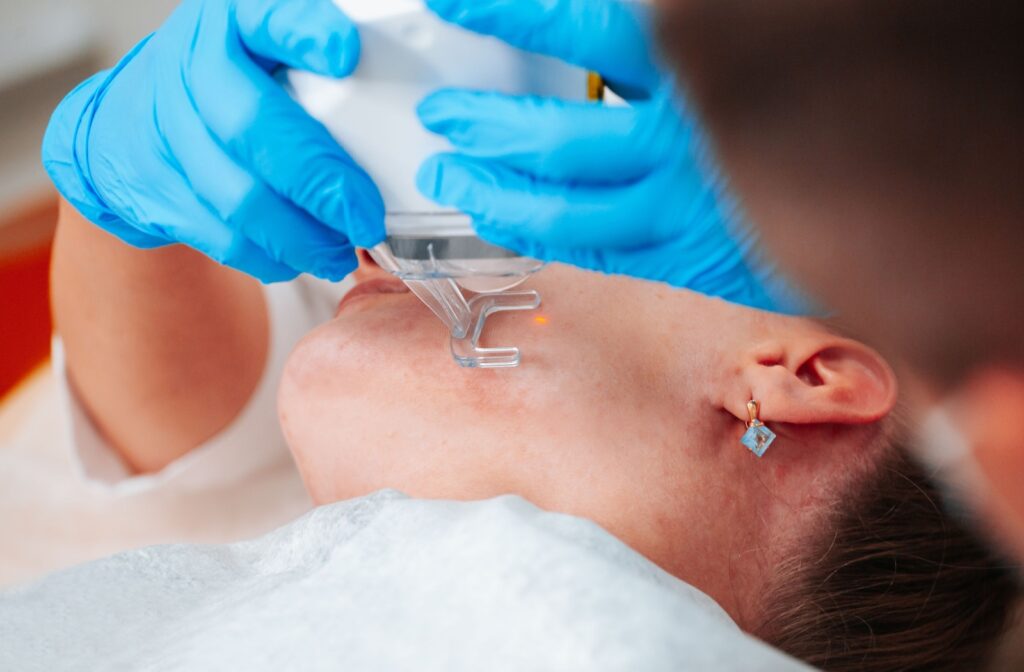
How Skin Resurfacing Targets Scars
Laser skin resurfacing effectively reduces the appearance of scars by targeting the surface and deeper layers of the skin. Here’s how:
- Breaking down scar tissue: The Fotona laser breaks up thickened scar tissue, making indentations shallower and raised scars flatter.
- Stimulating collagen production: Increased collagen improves elasticity and fills indentations, creating smoother skin.
- Encouraging cellular regeneration: This promotes the growth of healthier, scar-free skin over time.
Our certified laser technician performs each session, confirming a safe and effective experience with minimal downtime and risks compared to surgical methods.
What to Expect During Your Laser Skin Resurfacing Session
A skin resurfacing session with the Fotona laser system is safe, non-invasive, and quick! However, understanding the process can ease nervousness and help prepare you for treatment.
Initial Consultation
Before we begin your first session, you’ll have an initial consultation with our certified laser technician. During this visit, we will review your medical history, discuss your skin concerns, and determine whether laser resurfacing is the most appropriate treatment for your scars.
From here, your technician will devise a plan, including the frequency of your sessions and the overall treatment duration.
Preparation
In the days leading up to your treatment, there are several things to keep in mind for effective results:
- Avoid direct sun exposure or tanning.
- Avoid using products containing retinoids.
- Avoid waxing, chemical peels, or other harsh cosmetic procedures that might disrupt the skin’s surface.
- Drink plenty of water.
When you arrive at your appointment, we will begin by thoroughly cleansing your skin to remove any dirt, oil, or debris, confirming a blank canvas for the lasers.
Although the discomfort from treatment varies, we take preventative measures to minimize this by applying a topical numbing cream or local anesthesia. Once numb, we will start your treatment.
Laser Treatment Process
Your practitioner will gently move the device around the targeted area, using the appropriate laser.
The Fotona laser delivers controlled energy to the targeted areas on your skin. This energy carefully removes damaged skin layers while stimulating collagen in deeper layers.
The process is quick, precise, and effective, lasting around 30 to 60 minutes, depending on the treatment area.
Post-Treatment Care
After the session, your skin may appear red or feel slightly sensitive, resembling a mild sunburn. This is nothing to worry about, and the sensitivity will subside in the coming days.
You’ll receive detailed aftercare instructions to encourage healing and manage the sensitivity, including:
- Avoiding direct sun exposure.
- Using gentle, hydrating cleansers and moisturizers.
- Applying sunscreen with an SPF of 30 or higher daily.
- Drinking plenty of water.
- Following any additional instructions from your technician.
Healing typically occurs within a week, with visible improvements emerging over the following weeks as new collagen strengthens and smooths your skin. With proper aftercare, you can enjoy the results of your treatment for up to 5 years!
Schedule a Complimentary Consultation Now!
Surface-level exfoliants are great for targeting minor skin concerns. However, for effective and long-lasting results from major skin concerns, advanced treatments, like laser skin resurfacing, can help you achieve a smoother, more radiant-looking you.
Personalized medicine is reshaping healthcare with tailored treatments designed just for you. At Zulu Medical Cosmetics, we leverage your genetic makeup and lifestyle to create customized solutions for optimal health and well-being. Take the first step toward a healthier, more vibrant you. Book your complimentary consultation with our team at Zulu Medical Cosmetics today and take the first step toward confidence!
